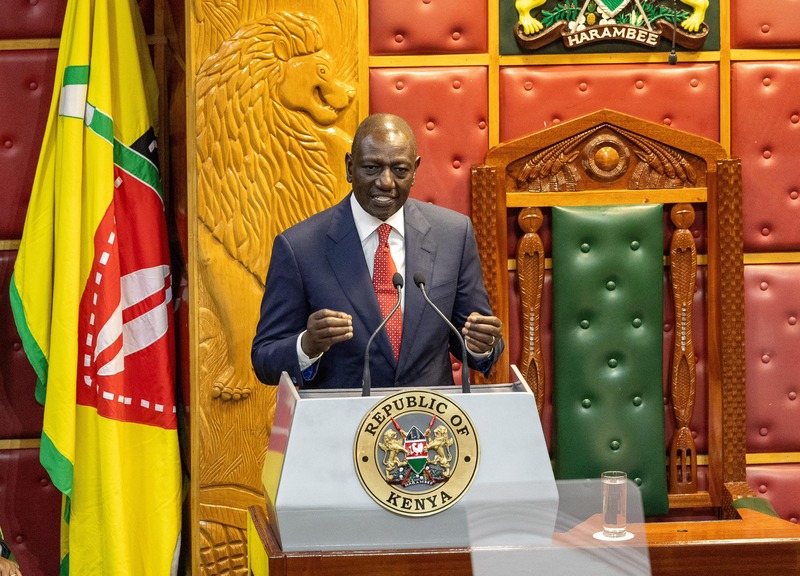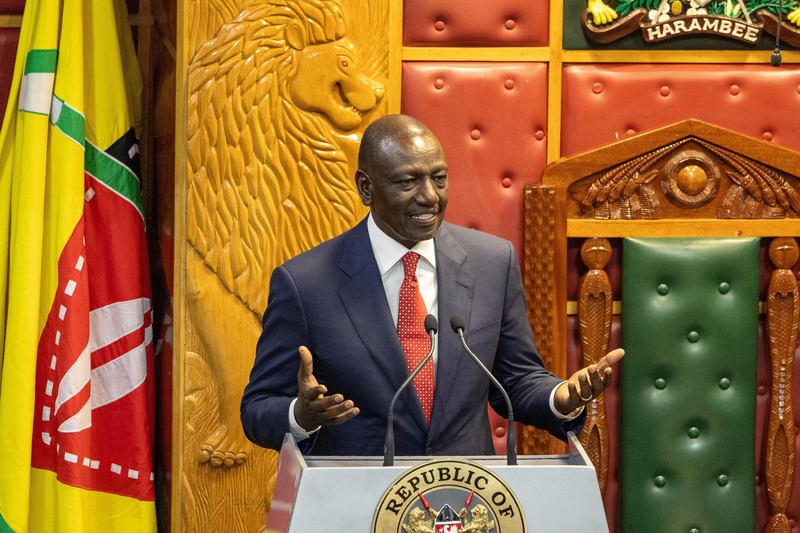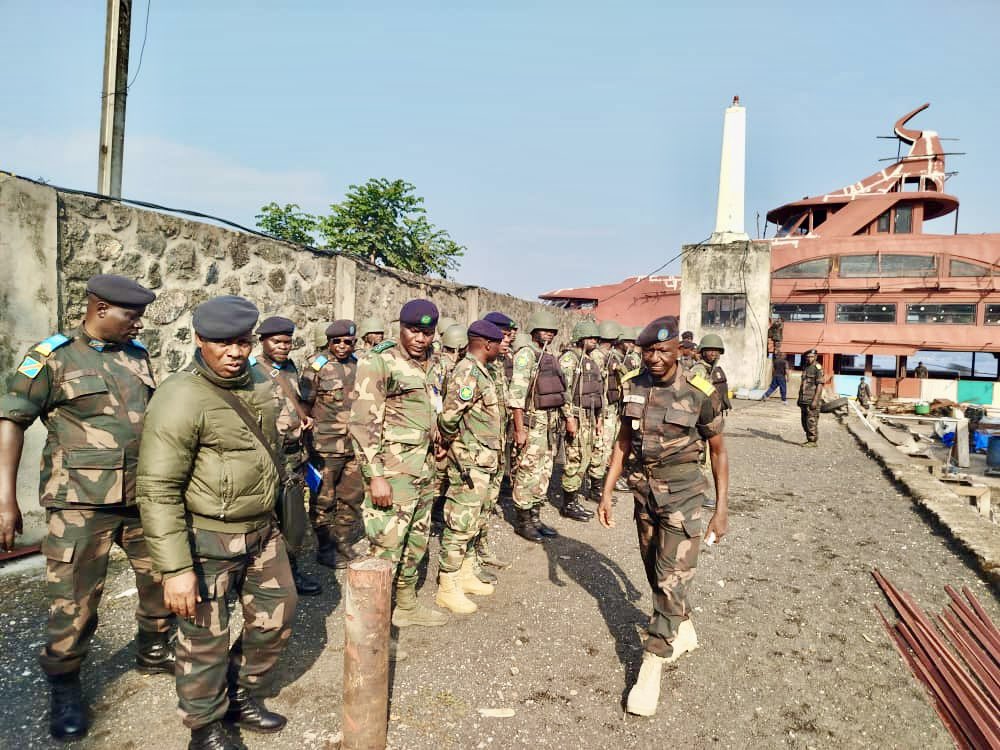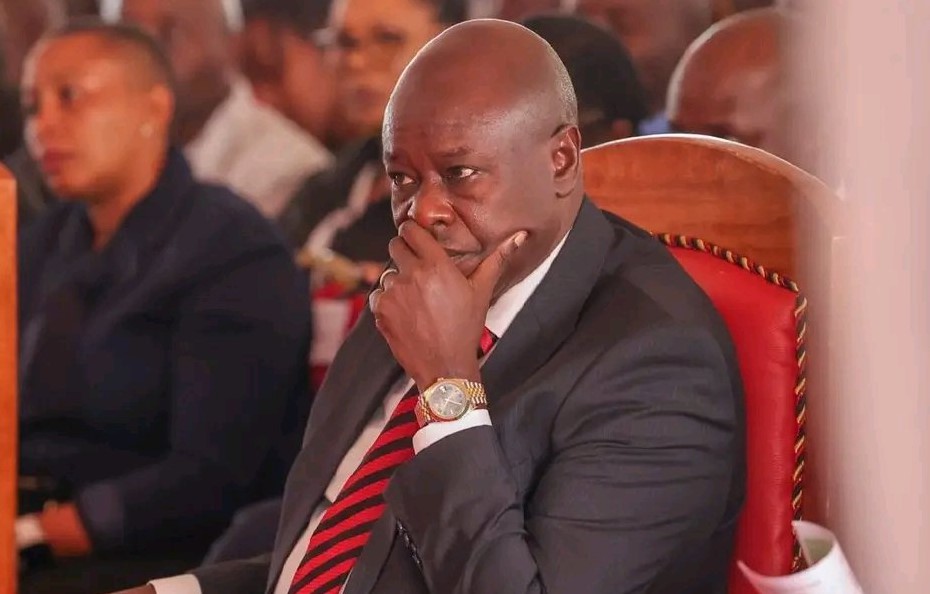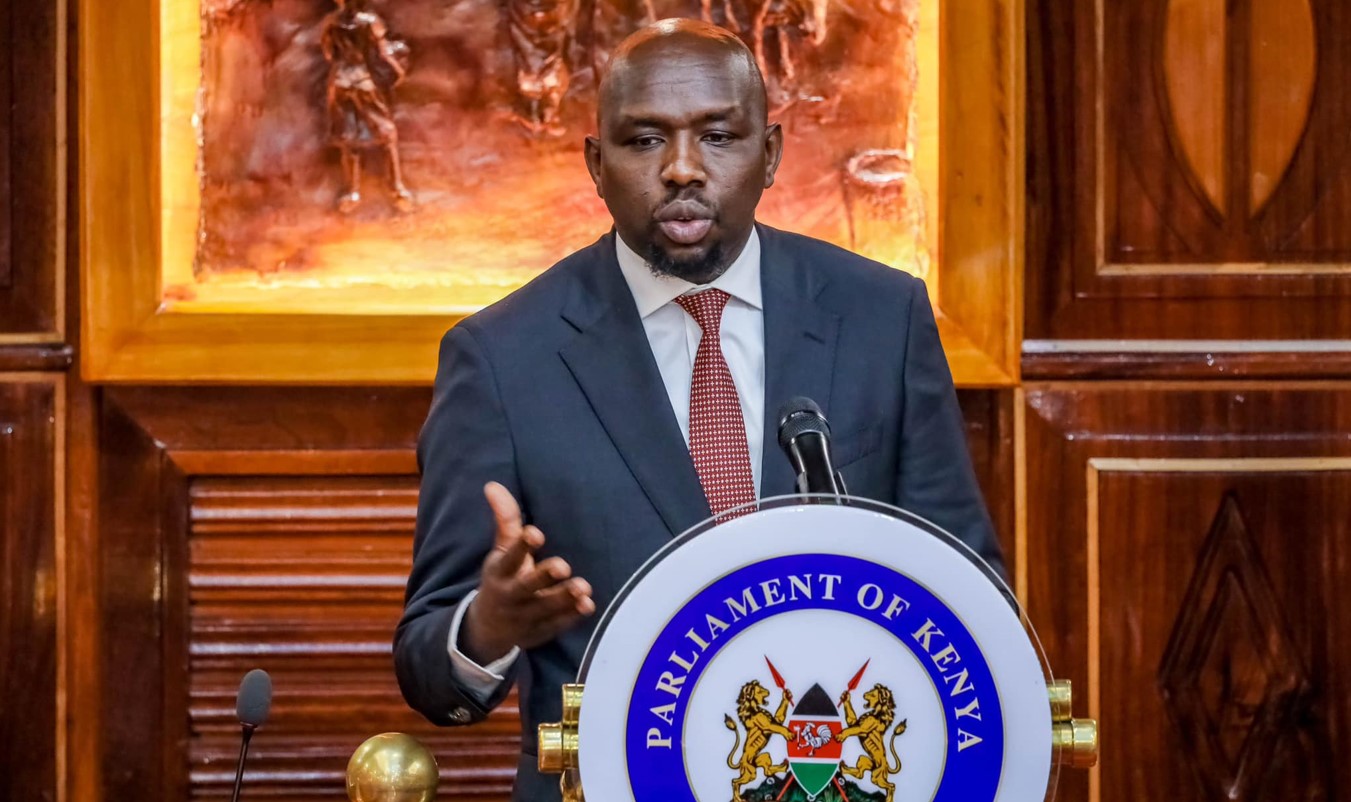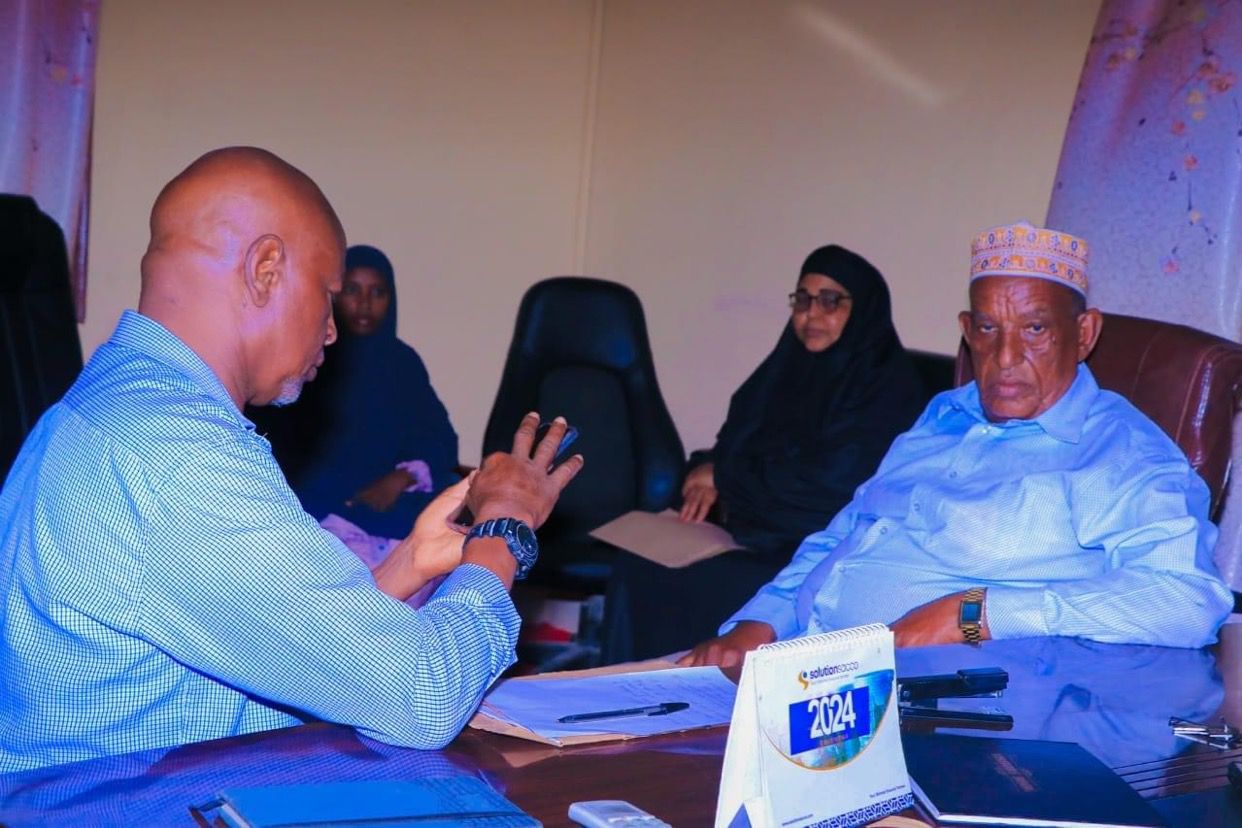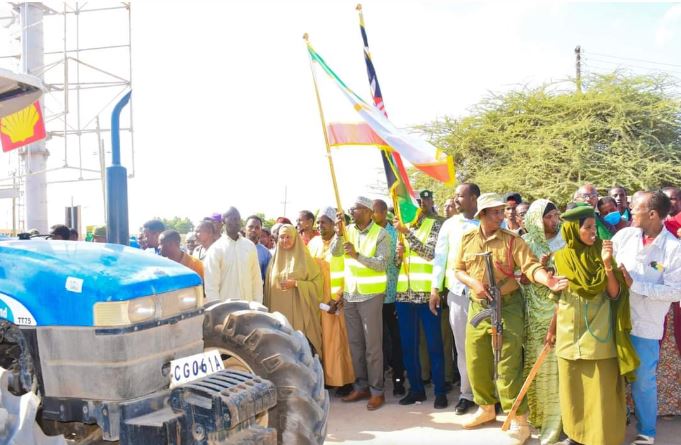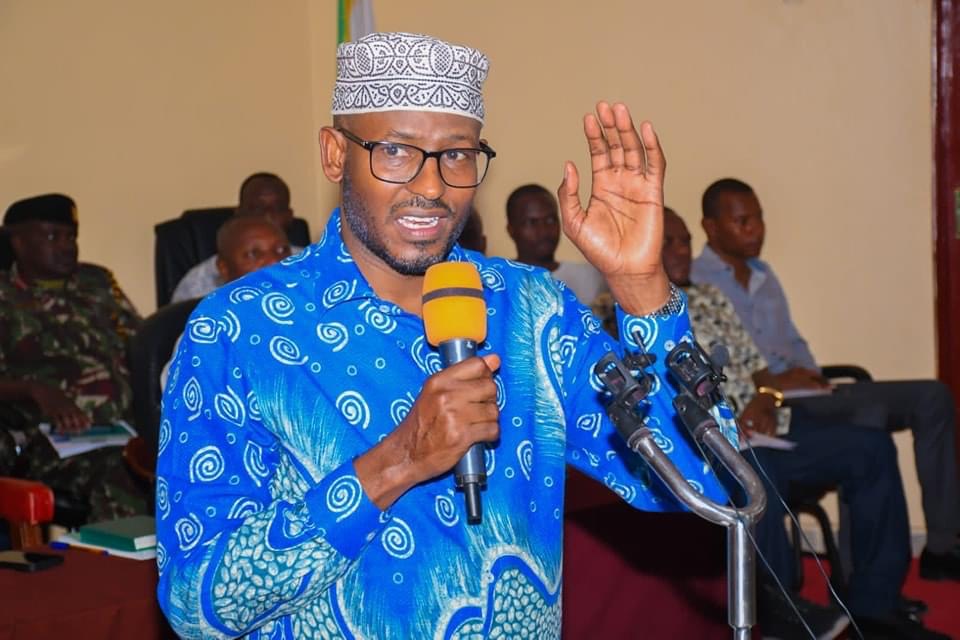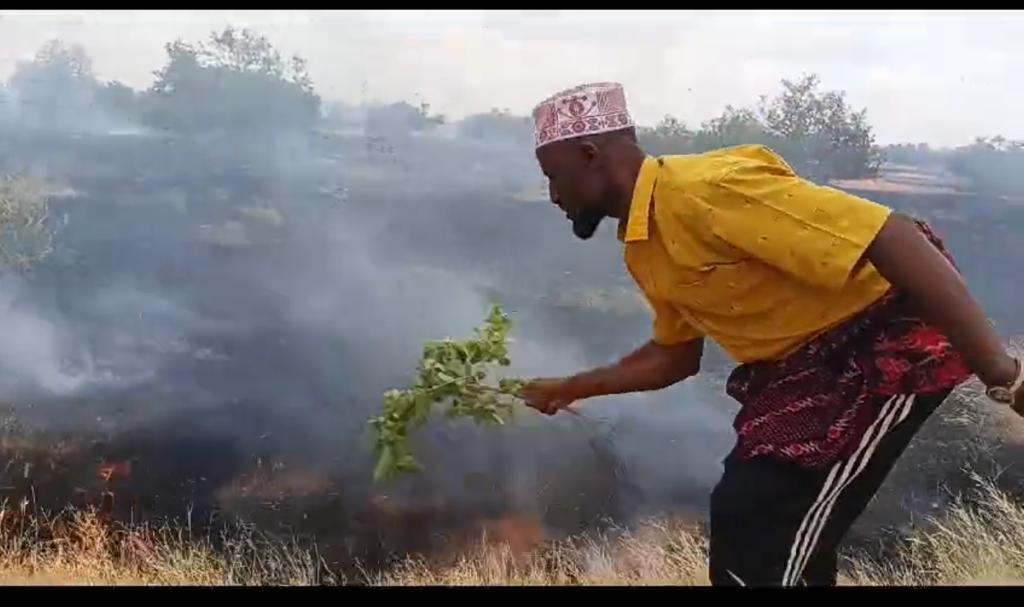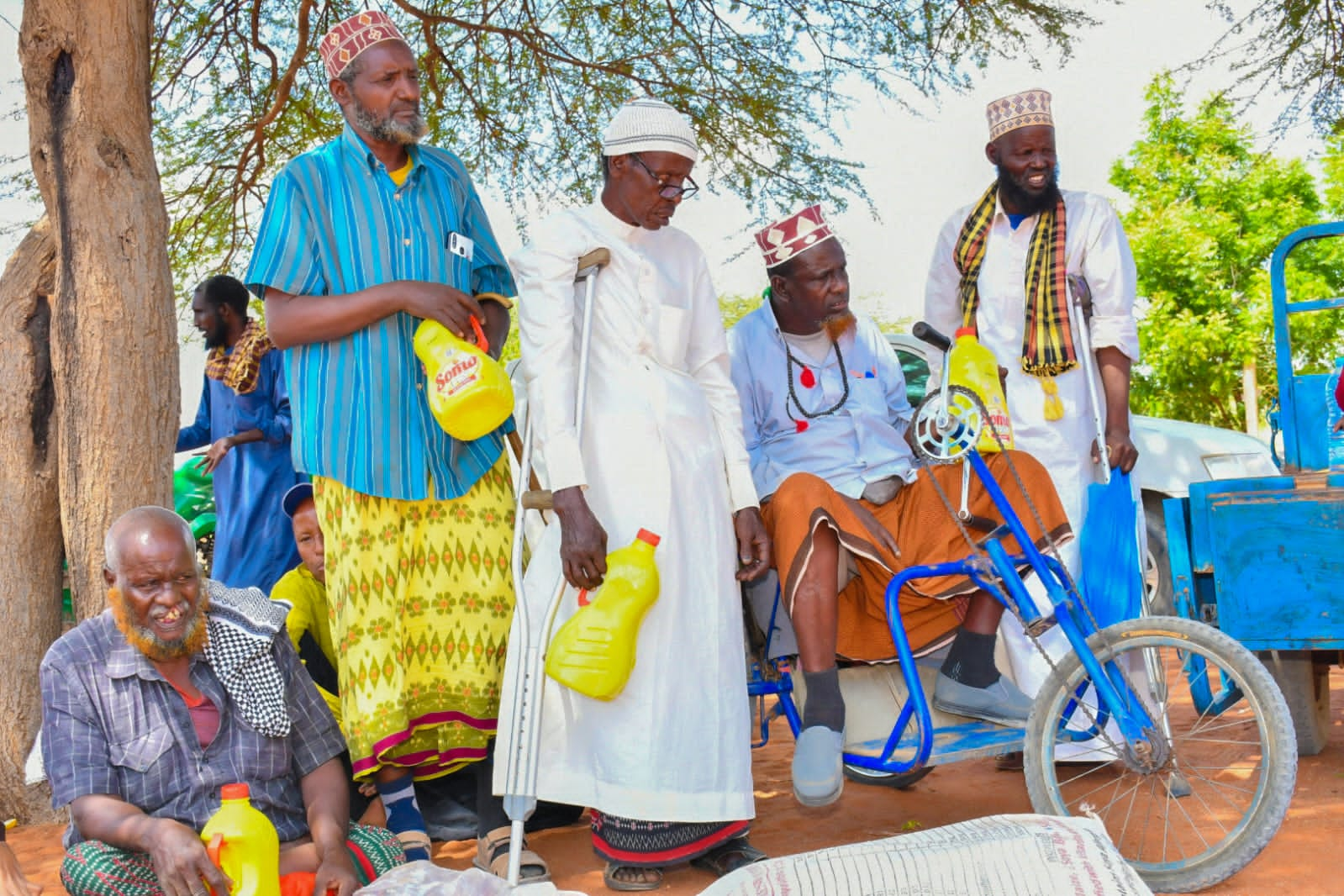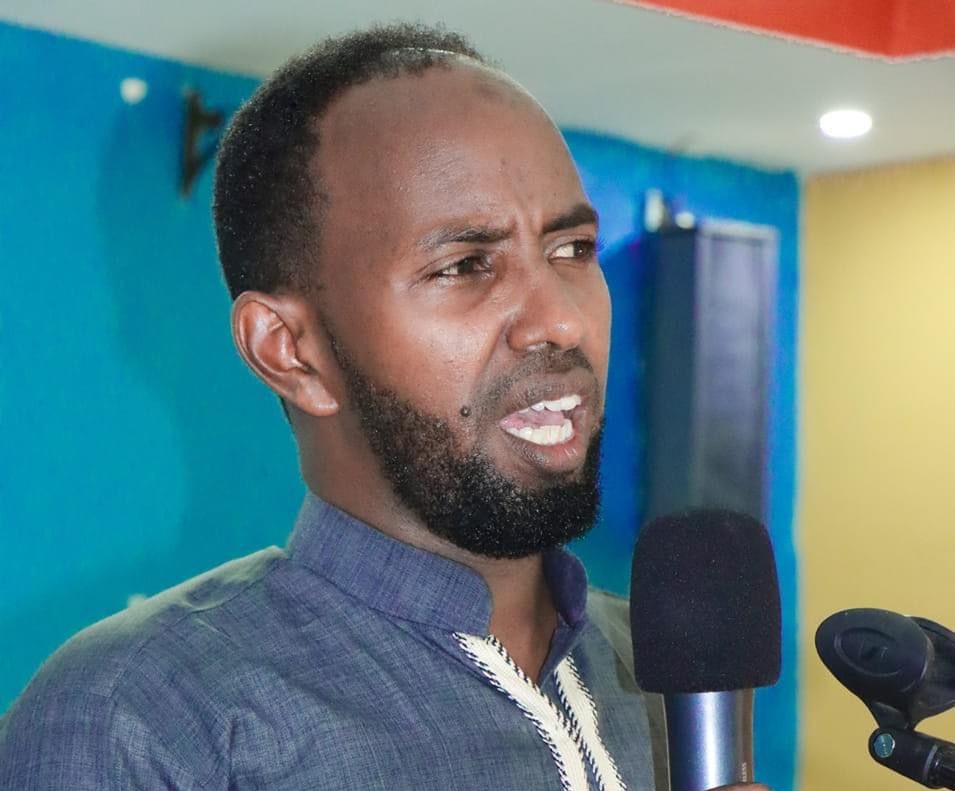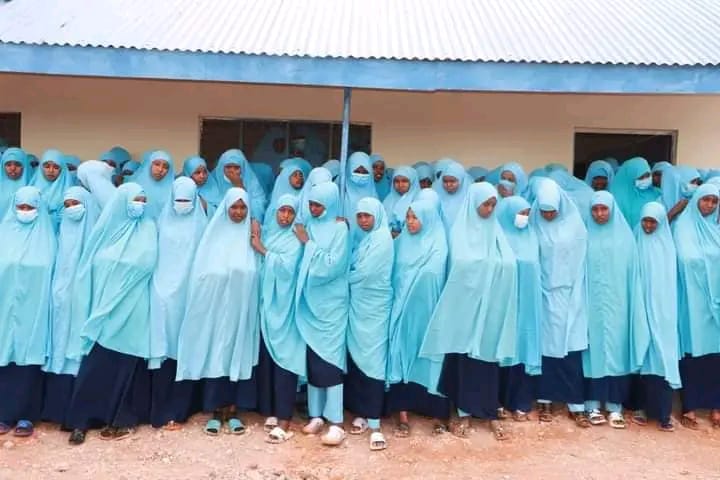Opinion: Wajir South cannot wait, the urgent need for fair representation and resources
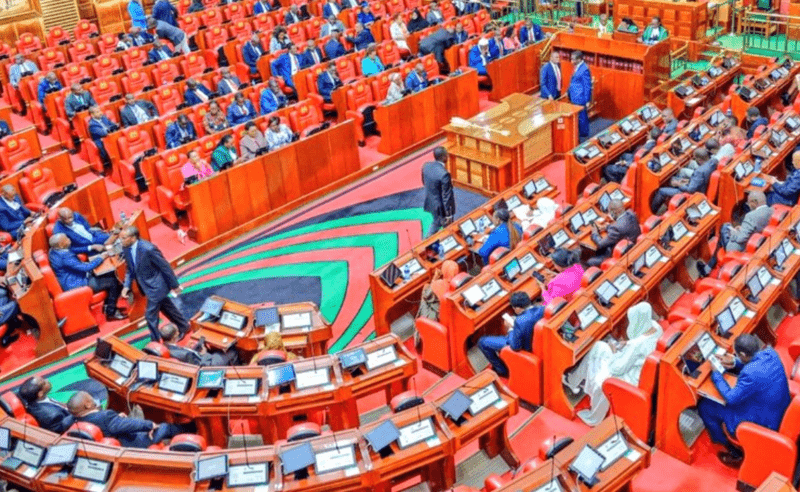
By Mohammed Adow |
The constituency's dire need for fair representation and an equitable share of resources cannot be overstated, yet it remains overlooked and underserved.
Wajir South, the second largest constituency in Kenya, spanning an enormous 22,000 square kilometres, is at the heart of a profound inequality.
The constituency's dire need for fair representation and an equitable share of resources cannot be overstated, yet it remains overlooked and underserved. With the Kenya Independent Electoral Commission (IEBC) still in limbo and boundary reviews not high on the agenda, the urgency of this issue is palpable.
Keep reading
The Kenyan Constitution is explicit about the periodic review of constituency and county boundaries. Article 89(2) of the Constitution of Kenya states, "The boundaries of constituencies and wards shall be reviewed at intervals of not less than eight years, and not more than twelve years."
Furthermore, Article 89(3) stipulates that "the number of inhabitants in a constituency or ward may vary, provided that no constituency shall have a variation of more than 40 per cent above or below the population quota." This mandate ensures that representation in the National Assembly and distribution of resources are aligned with the population and geographical considerations. However, the deadline for this review has already lapsed, plunging the nation into a constitutional quandary.
Wajir South is a glaring example of the disparities in representation. Despite its vast expanse and significant population of over half a million people, it continues to be represented as a single constituency. This is in stark contrast to other areas, some no larger than a few football pitches, which enjoy the merit of being constituencies and, consequently, greater influence and resources. The inequity is both clear and unjust. Wajir South, covering half the landmass of Wajir County, is larger than the former Nairobi, Central, and Western Provinces combined. It is about 10 times the size of Kiambu County, yet it is represented by only one Member of Parliament (MP).
Equitable representation
Article 89(5) of the Constitution further underscores the importance of equitable representation by stating, "The boundaries of each constituency shall be such that the number of inhabitants in the constituency is, as nearly as possible, equal to the population quota." The current situation in Wajir South starkly contradicts this principle, highlighting the urgent need for boundary reviews.
If the boundary reviews are not conducted before the 2027 elections, Wajir South and other similarly large constituencies will once again be denied their rightful representation. This not only contravenes the constitutional provisions but also undermines the principles of fairness and equity that are the bedrock of our democracy. The current situation means that the people of Wajir South are deprived of adequate political representation, which translates into lesser influence in legislative matters and insufficient allocation of national resources.
The impact of this neglect is profound. Inadequate representation results in fewer schools, hospitals, and essential infrastructure. It affects the daily lives of the residents, who have to travel vast distances to access basic services. The imbalance in resource allocation stymies development and perpetuates inequality, further marginalizing already underserved communities.
The formation of the IEBC and the immediate prioritisation of boundary reviews are imperative. Delaying this process not only perpetuates injustice but also threatens the integrity of our democratic process. The Constitution provides a clear framework for ensuring equitable representation, and it is incumbent upon us to adhere to these principles.
The people of Wajir South cannot afford to wait another eight years. The call for fair representation and rightful resources is not just a constitutional mandate but a moral imperative. As a nation committed to justice and equality, we must act swiftly to rectify these disparities and ensure that every Kenyan, regardless of their geographical location, has an equal voice in the governance of our country. The continued underrepresentation of large constituencies like Wajir South is and remains a blot on the collective conscience of Kenyans.
In conclusion, the urgency of addressing the boundary reviews cannot be overstated. The delay is not just a constitutional oversight; it is a failure to uphold the democratic values that bind us as a nation. Wajir South deserves better, and it is our collective responsibility to ensure that it receives the fair representation and resources it rightfully merits. The time to act is now before the 2027 elections further entrench these injustices. Let us uphold our Constitution and ensure that every Kenyan constituency is treated with the fairness and respect it deserves.
The writer is the MP for Wajir South.
Reader comments
Follow Us and Stay Connected!
We'd love for you to join our community and stay updated with our latest stories and updates. Follow us on our social media channels and be part of the conversation!
Let's stay connected and keep the dialogue going!

